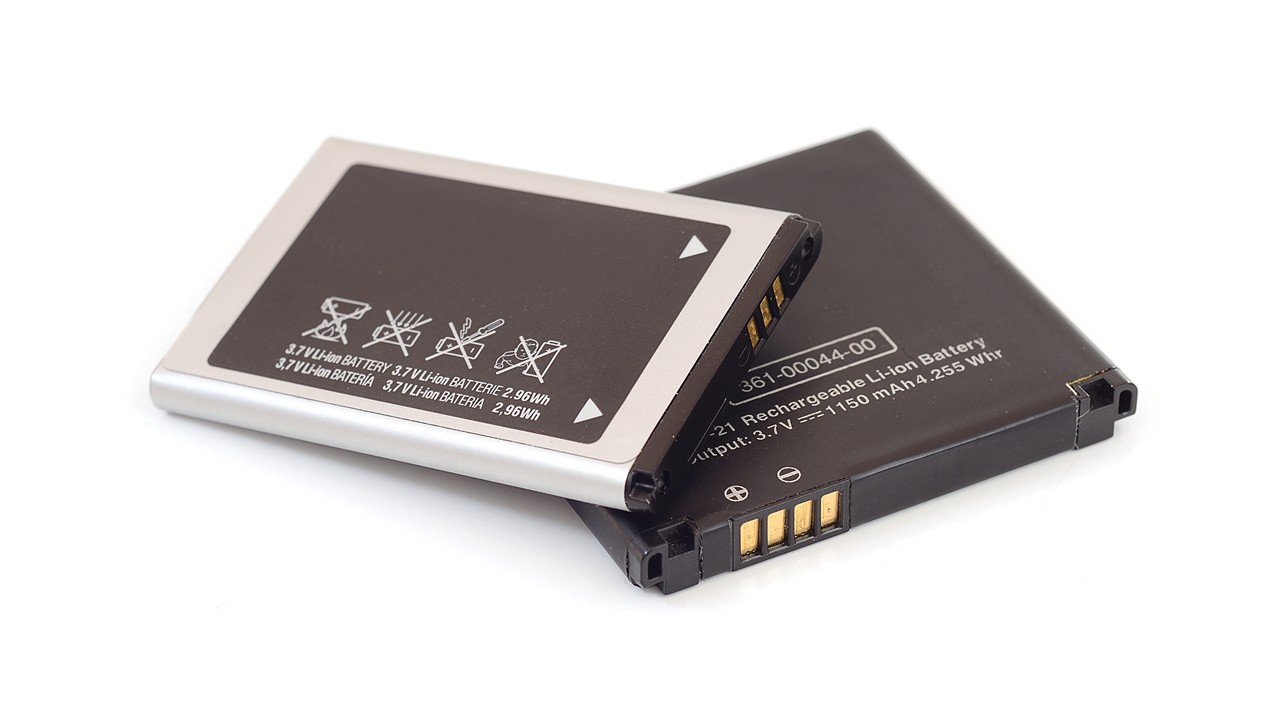Ion mobility in battery electrolytes strongly influences battery performance. Multi nuclear diffusion NMR allows direct observation of the mobility of different ions, because they contain different nuclei (1H, 19F, 7Li, 23Na, …) independently detectable by multi nuclear NMR. Another application of PFG NMR diffusion is the determination of molecular weight distributions (MWD) of polymers. This represents a much faster and cheaper approach than direct MWD determination by size exclusion chromatography.
Overview
This webinar will begin with a basic description of pulsed field gradient diffusion NMR. Next, diffusion within polymer solutions will be discussed. MWD analysis will be demonstrated and it will be explained how the distribution width in certain limits does not depend on the concentration of a solution.
Multi nuclear PFG NMR diffusion measurement of an ionic liquid that can be used as a battery electrolyte will also be described and the possibility of individual ion measurement explained. Finally, attendees will see a “how to” demo.
TUESDAY March 06, 2018
What to Expect
The webinar will provide an outline of pulsed field gradient NMR diffusion experiments to accommodate attendees who are not members of the PFG NMR community. Next, the diffusion of polymers in solution will be described, with a focus on MWD. The use of multi nuclear PFG NMR diffusion for determining the mobility of individual ions in an ionic liquid will also be described.
Key Topics
An overview of PFG NMR diffusion:
- Self-diffusion o Tracer diffusion
- Measurement principle
- DOSY
Using PFG NMR in diffusion of polymers in solutio:
- Concentration dependence
- Molecular weight distribution
An outline of multi nuclear PFG diffusion NMR and it’s applications in:
- Ionic liquid
- Diffusion of individual ions
- Temperature dependence
The instrumentation and automation processes involved with the PFG NMR
Who Should Attend?
Overall, this webinar is aimed at NMR users and potential users within academia and industry who may be interested in PGSE diffusion experiments. The discussion about polymer solutions will be particularly relevant to those involved in the development of quality control procedures, while the subject of ionic liquids will interest the lithium battery research community.
Speakers
Dr. Klaus Zick
Bruker BioSpin GmbH Germany
Graduated from University of Stuttgart after performing Field Cycling NMR on organic conductors as part of the work by Prof. Mehring's group. He then completed his PhD at Max Planck Institut für Metallforschung in Stuttgart, where he investigated self-diffusion of lithium atoms in lithium metal using PFG-NMR and Fast-Field-Cycling NMR. For many years now, Klaus Zick has worked for the Bruker micro imaging group, mainly dealing with high-power gradient diffusion NMR.
Dr. Dieter Gross
Bruker BioSpin GmbH Germany
Studied physics at the University of Heidelberg and graduated at the German Cancer Research Center Heidelberg about dosimetry for tumor treatment with 14 MeV neutrons. He continued at the Max Planck Institute für medizinische Forschung, Heidelberg with a dissertation about 14N and 2H Quadrupolar Coupling Tensors in Sodium Nitroprusside. He has joined Bruker in 1984 and is working in the field of NMR microscopy, diffusion and RheoNMR as head of the application team and as portfolio manager.

